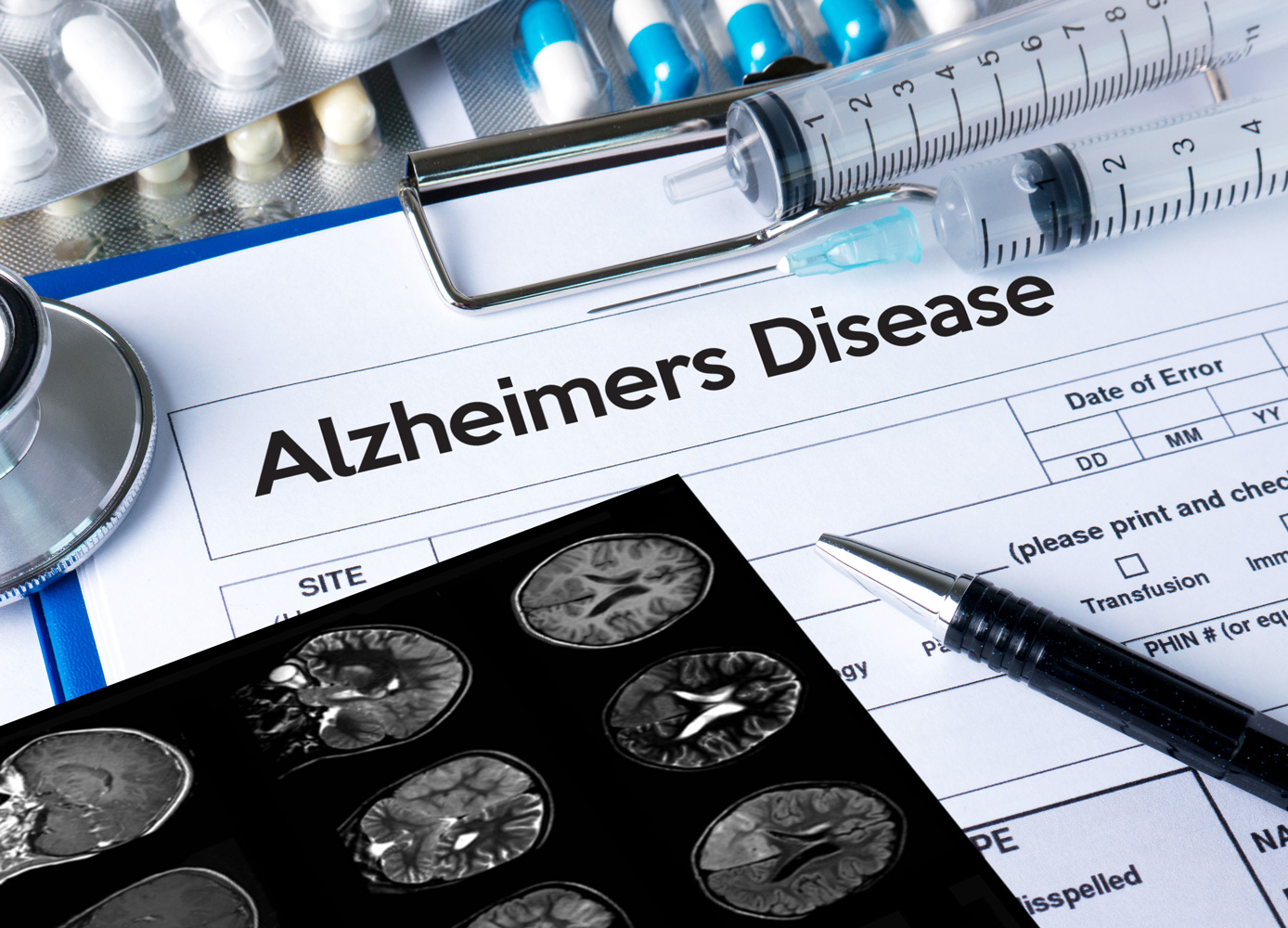The goal is to clean up brain cells by getting rid of damaging proteins
By Caitlin Finlay
Alzheimer’s disease is a chronic neurodegenerative disease that leads to the deterioration of memory, critical thinking, and speech. There’s no cure—not yet, anyway—but there are treatments to help manage the symptoms. Now researchers from the Albert Einstein College of Medicine in New York have developed an experimental drug that successfully reverses key symptoms of Alzheimer’s in mice.
The study, published in April in the journal Cell, found that mice treated with the experimental drug—called CA—for four to six months showed improved memory and walking ability, better engagement, less anxiety, and less depression. CA works by activating a normal cell-cleaning process, found in both humans and mice, called chaperone-mediated autophagy (CMA)—proteins called chaperones remove damaged or defective cells or proteins from neutrons by digesting them. In Alzheimer’s disease, CMA is inhibited and can’t efficiently remove the defective tau proteins that accumulate and damage brain cells. With the experimental drug triggering the CMA process in mice, more of these defective tau proteins were removed and key symptoms were reversed.
While the research is promising, it’s important to remember that not all research that’s successful in mice translates to success in humans. More research is necessary to make sure that CA can be provided to human patients safely and that it will function as expected to improve the symptoms of Alzheimer’s disease.
The Albert Einstein College of Medicine researchers have collaborated with Life Biosciences, a Boston company researching the biology of aging, to found Selphagy Therapeutics. Together they’ll develop CA, as well as other experimental drugs, in the hopes of developing a treatment for Alzheimer’s and other neurodegenerative diseases.
Photo: iStock/juststock.





